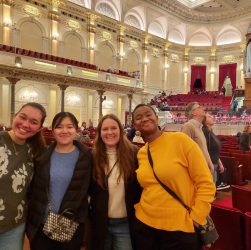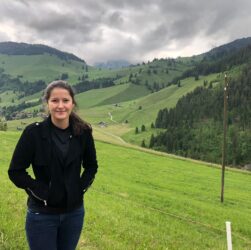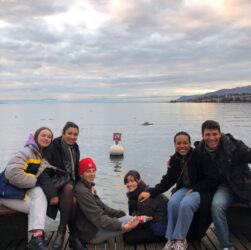Nthatisi Mota M. Economics Semester Exchange in the First Semester, 2024 at the University of Zurich Pre-departure: Embarking on …


Nthatisi Mota M. Economics Semester Exchange in the First Semester, 2024 at the University of Zurich Pre-departure: Embarking on …

Jessica Van der Berg MCom in Economics Semester Exchange in the First Semester, 2022 at Lausanne University Pre-departure: The pre-departure …

Mvelo Nzimande LLB Student Semester Exchange in the Second Semester, 2022 at Bern University Pre-departure: I decided that I …